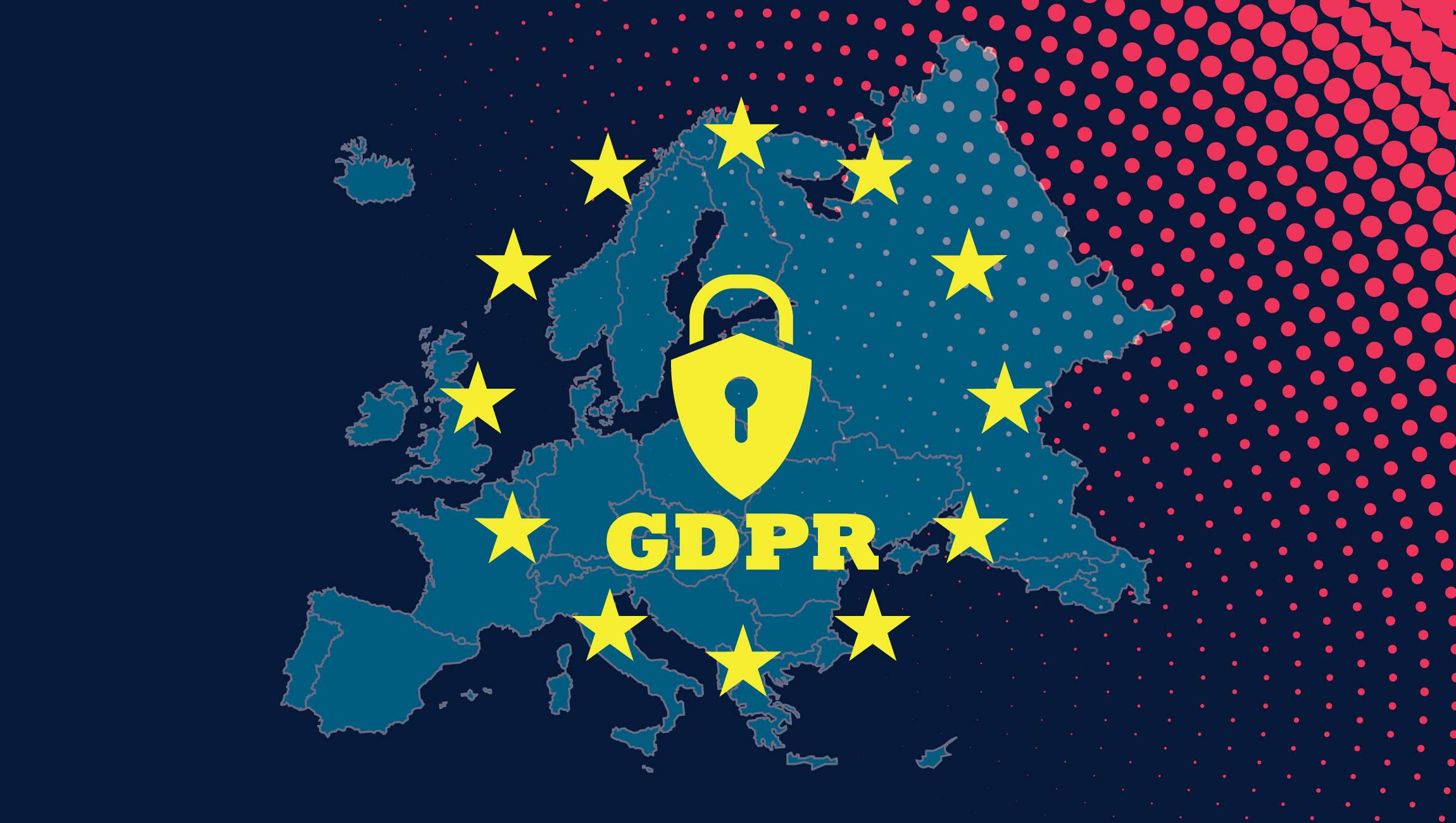This is the Part Two of the GDPR Roundtable
Continuing from our GDPR ROUNDTABLE yesterday, here’s a minute-by-minute detail of our conversation with GDPR experts. You will learn how to handle GDPR Strategy, Compliance and Optimization using Blockchain, AI and data management capabilities.
Ensure Data Privacy with Big Data, Blockchain Look at What Other Countries are Doing
Dave Hodgson, Director and Co-Founder of NEM Ventures, the venture capital and investments arm of the NEM blockchain ecosystem, said, “One year later, I believe the benefits of GDPR will continue to make waves on a global scale. In fact, a lot of companies that do business within the EU and UK are compliant anyway, so it is highly likely something similar will evolve in different regions over time. For example, the Protection of European Commission in Japan is already moving toward GDPR with a formal agreement with the EU, New Zealand is matching it’s Privacy Act to GDPR through an adequacy approach, and Canada has implemented the Data Protection Regime. In the blockchain space, self-sovereign identity has given increased capabilities to individuals for controlling and revoking access.
While GDPR may seem onerous to some companies to implement, it is there for the protection of individuals and I believe that over time, most other markets will realize the importance of protecting personal data, and will follow suit to mirror the EU and UK.”
A New Era of Data Privacy Benchmarks Forces Global Data Regulations to Act
Richard Williams, Information Security Manager of the Solve.Care Foundation, which aims to revolutionize the administration of healthcare and other benefit programs globally, said, “GDPR gave new recognition to the value of personal data and enforced compliance by companies holding said data. As blockchain is essentially an immutable digital ledger, we knew it was critically important to avoid storing personal identifiable information (PII) or healthcare data on the blockchain due to this immutability, and to ensure GDPR compliance.
A business’ guiding principle should always be protecting and securing user privacy on their platform. A year on, GDPR should naturally resonate with any company using blockchain and I believe the introduction of the legislation has ushered in a new era of privacy.”
Digital World Expect Businesses to Come Together and Raise Awareness on Data Privacy Issues
Jonathan Rouach, CEO and Co-Founder of QEDIT, an enterprise solution for preserving data privacy using Zero-Knowledge proofs, said, “The European Commission has only issued roughly €56 million in fines this year, making it clear for all that the past year of GDPR has really been about raising awareness of data privacy issues, particularly in emerging technology, where privacy concerns are a rising trend. In order for GDPR compliance to be achieved, the European Commission must allow flexibility for the development of innovative solutions to privacy issues. In its latest report about Blockchain and the GDPR, the European Commission noted Zero-Knowledge Proof as one of the more robust approaches.
The key to the future of GDPR compliance will be allowing companies to find ways to preserve the privacy of sensitive data while also pursuing enriching opportunities for collaboration with other enterprises in an increasingly digital world. The past year has built an awareness that the future of emerging technology must be compliant, and innovations to make this a reality are taking place today. We are likely to see stringent regulations mirroring GDPR across the APAC and MENA regions. We expect the European Commission to allocate more resources to keep European leadership in this space.”
It’s Win-Win for Everyone Once Blockchain Platforms Comply with GDPR Standards
Mateusz Tilewski, CTO of the Concordium Group, the world’s leading ID/KYC-ready business blockchain network, commented, “The General Data Protection Regulation (GDPR) has set a new, unprecedented global standard for data protection. While much has been made of the incompatibility of GDPR with blockchain-powered businesses, they both have the same aim of putting control back into the hands of users and ensure we have a say in how our data is being used and stored. With that in mind, there is no reason why blockchain networks cannot comply with the European Union’s GDPR rules. We are living in a world where privacy is a huge concern for consumers, and regardless of what industry you are operating in, blockchain or otherwise, giving users control over their own personal data is of the utmost importance.
From a blockchain perspective, ensuring that identity management is built in at the protocol level and zero-knowledge proofs are used to replace anonymity with privacy is key in overcoming the shortcomings of classic blockchains. These privacy features will allow identifiable parties to do business in private, instead of anonymous parties doing business in public, which is the case with most current blockchains.”
This GDPR Roundtable successfully wrapped up with some really interesting conversation and narrative from blockchain experts and Data Privacy officials. We hope to meet with you all very soon at MarTech Series.
To participate in our editorial programs, drop us a line at news@martechseries-67ee47.ingress-bonde.easywp.com












Comments are closed.